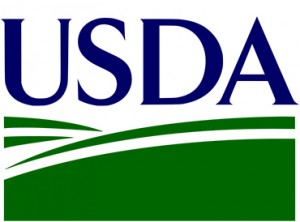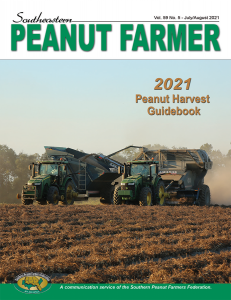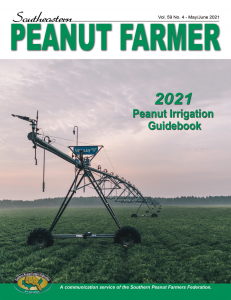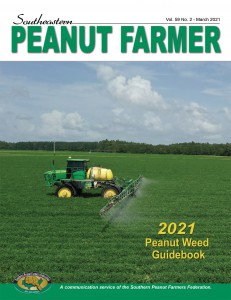USDA Extends Disaster Set-Aside for Direct Loans Until 2022
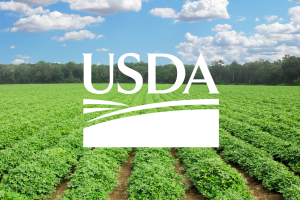 WASHINGTON, Oct. 4, 2021 – The U.S. Department of Agriculture (USDA) is announcing a higher loan limit will be available for borrowers seeking a guaranteed farm loan starting Oct. 1, 2021, from $1.776 million to $1.825 million.
WASHINGTON, Oct. 4, 2021 – The U.S. Department of Agriculture (USDA) is announcing a higher loan limit will be available for borrowers seeking a guaranteed farm loan starting Oct. 1, 2021, from $1.776 million to $1.825 million.
“Farm loans are critical for our customers’ annual operating and family living expenses, emergency needs, and cash flow,” FSA Administrator Zach Ducheneaux said. “Raising the guaranteed loan limit will allow FSA to better meet the financial needs of producers as natural disasters and the pandemic continue to impact their operations.”
FSA farm loans offer access to funding for a wide range of producer needs, from securing land to financing the purchase of equipment. Guaranteed loans are financed and serviced by commercial lenders. FSA provides up to a 95% guarantee against possible financial loss of principal and interest. Guaranteed loans can be used for both farm ownership and operating purposes.
In fiscal year 2021, FSA saw continued strong demand for guaranteed loans. FSA obligated more than $3.4 billion in guaranteed farm ownership and operating loans. This includes nearly $1.2 billion for beginning farmers. The number of guaranteed borrowers has grown by 10% to more than 38,750 farmers and ranchers over the last decade. FSA expects the increasing demand for farm loans to continue into fiscal year 2022.
Disaster Set-Aside Extension
USDA has additional support available to producers given the recent outbreaks of the COVID-19 Delta variant and has extended the availability of COVID-19 Disaster Set-Aside (DSA) for installments due through Jan. 31, 2022. In addition, FSA will permit a second DSA for COVID-19 and a second DSA for natural disasters for those who had an initial COVID-19 DSA. Requests for a COVID-19 DSA or a second DSA must be received no later than May 1, 2022.
Last year, FSA broadened the use of the DSA. Normally used in the wake of natural disasters, the DSA can now allow farmers with USDA farm loans who are affected by COVID-19 and determined to be eligible, to have their next payment set aside. The set-aside payment’s due date is moved to the final maturity date of the loan or extended up to twelve months in the case of an annual operating loan. Any principal set-aside will continue to accrue interest until it is repaid. This will improve the borrower’s cashflow in the current production cycle.
More Information
Producers can explore available options on all FSA loan options at fsa.usda.gov or by contacting their local USDA Service Center. Service Center staff continue to work with agricultural producers via phone, email and other digital tools. Because of the pandemic, some USDA Service Centers are open to limited visitors. Contact your Service Center to set up an in-person or phone appointment. Additionally, more information related to USDA’s response and relief for producers can be found at farmers.gov/coronavirus.
USDA touches the lives of all Americans each day in so many positive ways. In the Biden-Harris Administration, USDA is transforming America’s food system with a greater focus on more resilient local and regional food production, fairer markets for all producers, ensuring access to healthy and nutritious food in all communities, building new markets and streams of income for farmers and producers using climate smart food and forestry practices, making historic investments in infrastructure and clean energy capabilities in rural America, and committing to equity across the Department by removing systemic barriers and building a workforce more representative of America. To learn more, visit www.usda.gov.

